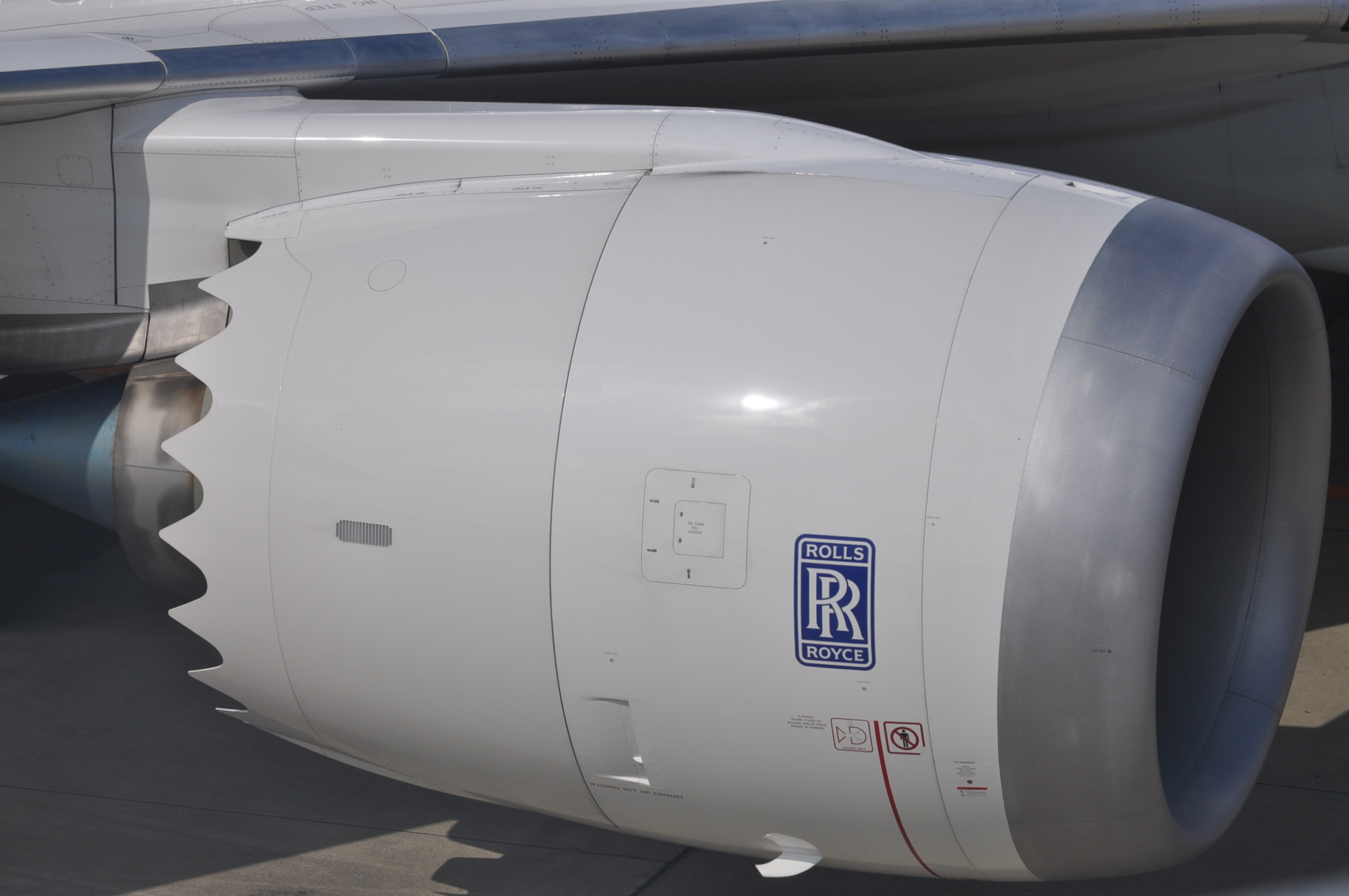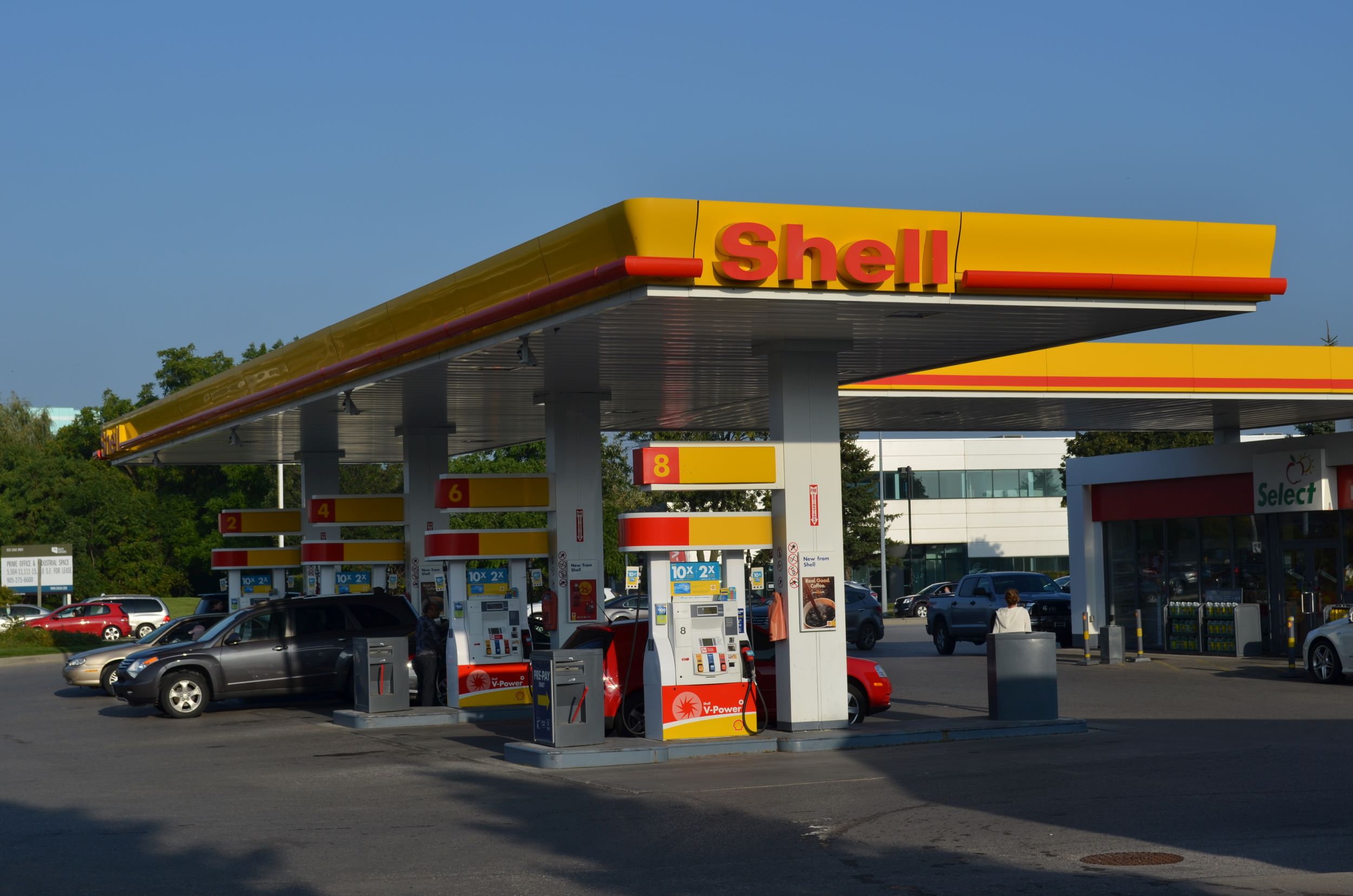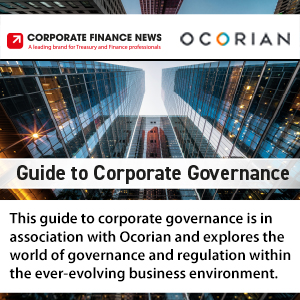Shell has seen its profits for the quarter reach $6.3bn (£4.92bn) in the first half of the year, beating previous expectations.
For the second period, Shell set out its expectations to reach £2.19bn. In the year so far, the oil and gas firm has seen its profits reach £10.9bn, after its decision to focus on fossil fuels over low-carbon energy.
The firm announced that it had manged to cut its net debt down to £29.9bn, and also saw its adjusted earnings per share increased by 2% to £1.71.
The latest figures come as the company said that it would start a $3.5bn (£2.73bn) share buyback scheme that is set to complete by the third quarter.
This follows a buyback scheme that was completed in the second quarter of the same value.
Head of equity research at Hargreaves Lansdown, Derren Nathan, said: "Shell’s earnings took a dive from the levels seen in the first quarter, but once again beat expectations. Lower margins in trading, refining and oil products compounded a small dip in production due to maintenance at its fields. But the lifeblood of the business, free cash flow, actually increased marginally to $10.2bn. That’s given management the confidence to plough another $3.5bn into buybacks, maintaining the quarterly run-rate. It’s also supporting investment into liquified natural gas projects in Abu Dhabi and Trinidad and Tobago, and the Atapu-2 deepwater project in Brazil. Meanwhile, it’s taken another chunk out of net debt which now stands at $38.3bn.
"Mentions of new investments in new energy were conspicuous by their absence which may disappoint investors looking at Shell’s future beyond fossil fuels. The pause on construction at its proposed biofuels facility in the Netherlands contributed to a $2bn impairment to the value of its assets. However, its carbon capture at the Scotford refinery in Canada may go some way to appease environmentalists. For now, financial returns are front and centre of Wael Sawan’s mind, but that does leave Shell well placed to invest in the transition projects that are financially viable."
Latest News
-
Greggs profits down as bakery sales cool
-
Aberdeen Group in ‘much better shape’ in 2025 results
-
Reach profits up despite dip in annual revenue
-
Kier Group hits record order book in H1
-
Three hotel chains investigated by UK competitions regulator
-
Bunzl shares increase as it reiterates full-year guidance
© 2019 Perspective Publishing Privacy & Cookies










Recent Stories